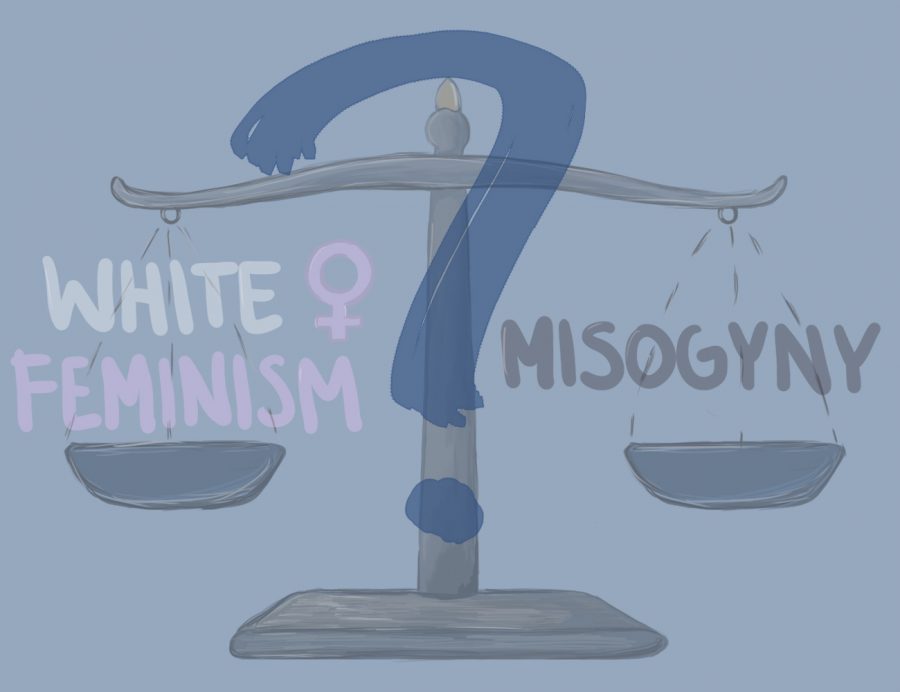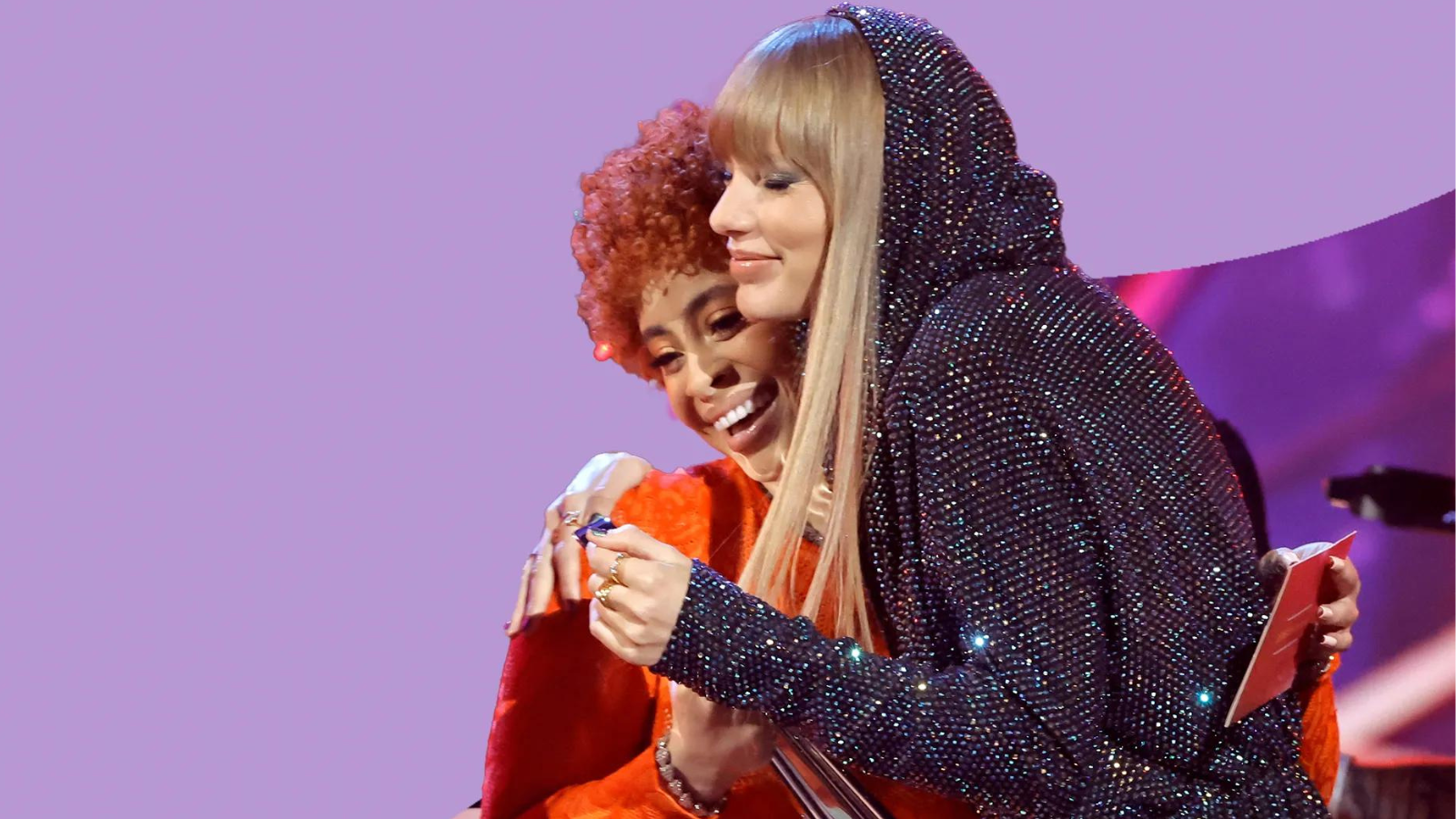Taylor Swift, one of the world’s biggest pop stars, a strategic businesswoman, and an influential figure in the music industry, has often been praised for her advocacy for women’s rights and gender equality. However, her feminist stance has faced criticism for aligning with what many call “white feminism.”

White feminism refers to an approach to gender equality that centres on the experiences and struggles of white women while overlooking the unique challenges faced by Black women and other marginalized groups.
This blog explores the current discussion on Taylor Swift and white feminism.
Table of Contents
Taylor Swift and White Feminism: The Issues with Privileged Perspectives
Taylor Swift has gained recognition for promoting women’s empowerment, but many critics argue that her feminist approach lacks intersectionality.
Intersectional feminism, a term introduced by scholar Kimberlé Crenshaw, emphasizes the importance of recognizing how various forms of oppression (like racism and sexism) intersect and impact different groups.
Unfortunately, Swift’s feminism has primarily focused on white women, often leaving out the struggles of Black women and other marginalized communities.
For instance, in her Shake It Off music video, Swift was criticized for incorporating elements that some felt appropriated Black culture. This controversy highlighted how Taylor Swift’s feminist message can miss the mark regarding the need for intersectionality.

Taylor Swift and White Feminism: Overlooking the Experiences of Women of Color
A major criticism of white feminism is its tendency to ignore the experiences of women of colour. Taylor Swift’s brand of feminism exemplifies this issue, as her advocacy often emphasizes the struggles of white women while overlooking the compounded difficulties faced by Black women and other marginalized communities.
While Swift has spoken out about gender inequality in the music industry and has advocated for fair treatment of female artists, her focus remains predominantly on white women’s issues. This narrow lens can make it challenging for her to address the unique experiences of Black women, who must navigate both racism and sexism.
Taylor Swift and White Feminism: The Ice Spice Collaboration and Its Implications
In 2023, Taylor Swift collaborated with Ice Spice, a rising Black female rapper, on a remix of her song Karma. Some perceived this collaboration as a step toward inclusivity, but others questioned its authenticity. Critics wondered if Swift was attempting to mend her public image after facing scrutiny regarding her past relationships.

This collaboration sparked debate about whether Swift genuinely embraced diversity or merely utilized Ice Spice to mitigate past mistakes. It raises crucial questions about the sincerity of her activism and whether her efforts truly reflect a commitment to addressing issues beyond her personal experience.
Moving Beyond Privilege: The Need for Intersectional Advocacy
The issue with white feminism, as demonstrated by Taylor Swift, is that it often overlooks intersectionality—the recognition that people can experience multiple forms of discrimination simultaneously. By focusing solely on gender inequality, white feminists risk ignoring the deeper, more complex struggles that many women of colour face.
When white feminism excludes these voices, it can naturally reinforce the power structures it seeks to break. Swift’s focus on white women often overlooks the broader issues affecting marginalized communities, leaving women of colour feeling left out of empowerment and support.
Acknowledging the complexities of intersectionality is essential to creating a truly inclusive feminist movement. Taylor Swift’s brand of feminism can serve as a reminder of the need for a broader perspective that incorporates the diverse experiences of all women, especially those facing systemic oppression due to race, gender, or sexuality.

Conclusion
Although Taylor Swift has made significant strides in advocating for women’s rights, her approach is limited by white feminism.
By focusing primarily on the issues affecting white women, the current discussion on Taylor Swift and white feminism shows that she often risks alienating those whose struggles are often more complex and nuanced.
To achieve true equality, it is crucial to embrace an intersectional feminist framework that recognizes and addresses the unique challenges faced by people of colour and other marginalized groups.









